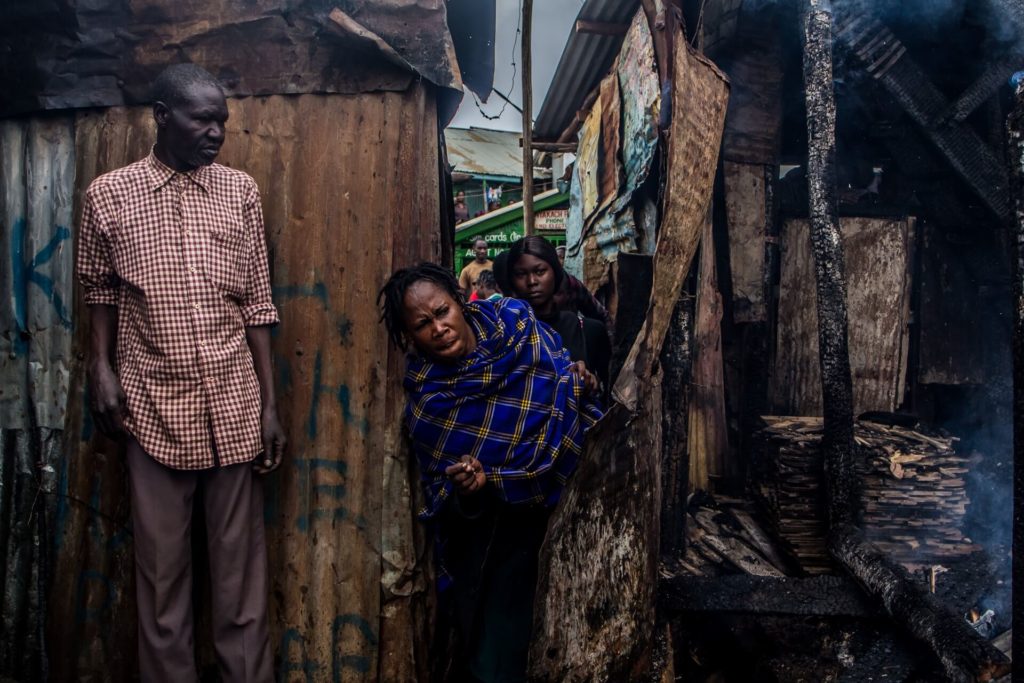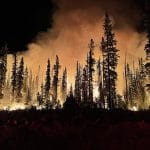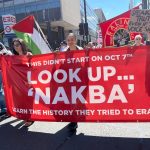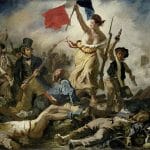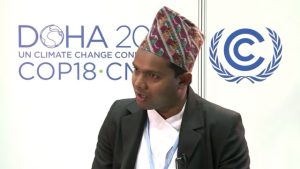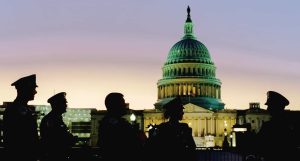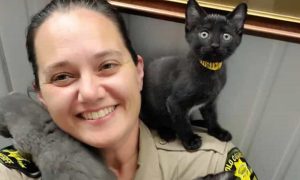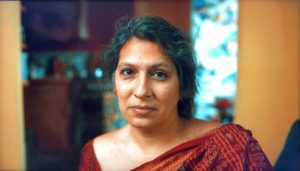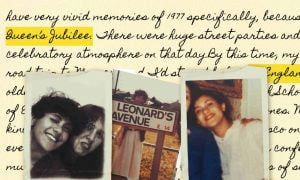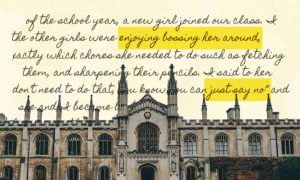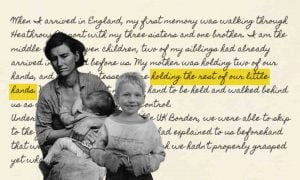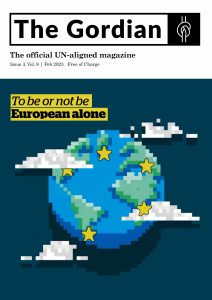On the 15th of February 2021, the 2020 UN-aligned photo competition winner, Anwar Sadat, tells us about the story behind his prize-winning photos and his love for photography.
Read this article in Italian (Leggi questo articolo in italiano) →
Could you tell us a bit about yourself and your love for photography?
Well, my name is Anwar Sadat and I am a photographer based in Nairobi Kenya. My focus in photography is documentary, photojournalism, street reportage and portraiture. I often tell stories of the buzzing streets of Nairobi and my community that often go unseen and unnoticed.
My journey in photography was sparked while still in high school, but I only began shooting professionally in 2018. I am mostly motivated by people, their way of life and the constant effort people put into their lives to make it better. I believe there’s always more than what meets the eye and as a photographer, it’s important to always get the full story behind an image. If there’s anything I have learned, it is that if you only listen, people are always willing to talk.
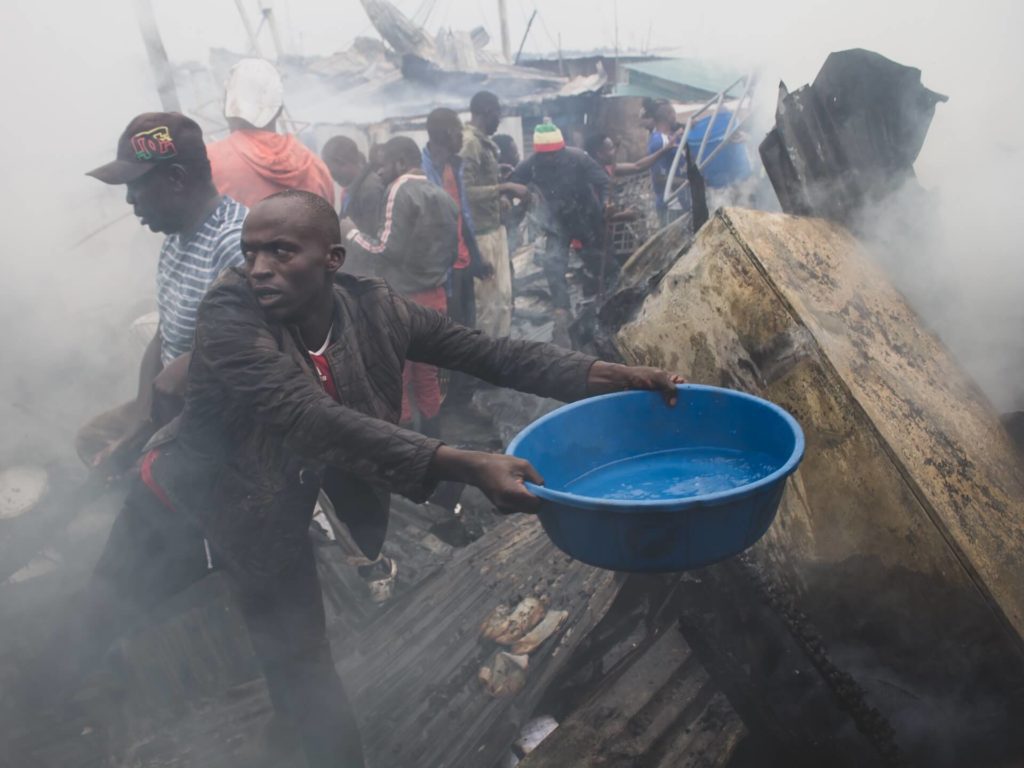
There is a sense of urgency in the first photograph: could you describe what is actually happening?
Oh, yes. On that particular day I was going to work. It was a Saturday, and I wasn’t supposed to be working, but I was doing a job for an organization I am involved with. So when I was on my way to work that early morning, around 8:00 a.m., I came across a group of people in the street and they were trying to put out a fire. So, I decided that this was very, very important. These are very important stories to tell. It’s something that really needs the agency of somebody to document and highlight whatever it is that is going on. So that is how I ended up taking all those photos.
It was a very, very big fire in Kibera, which is this slum in Nairobi. I felt that there’s much that needed to be done. I wanted to highlight the need of help and the need of infrastructure and all that urgency went into the photos. That is why I took them, just to highlight whatever goes on in the slum and how difficult it is sometimes to access such facilities like fire engines or access to running water, that is why the man is using a bucket. The roads in the slum are much too narrow for fire engines to get through.
Did they manage to put the fire out?
Yeah, yeah, they actually managed to put it out, but so many families, around a hundred families went homeless and businesses too: all went up in flames. Luckily, no one perished in the fire. But a lot of businesses were lost. It’s so sad! The fire was started by cooking gas and poor electrical connections also contributed. It all became a very big disaster.
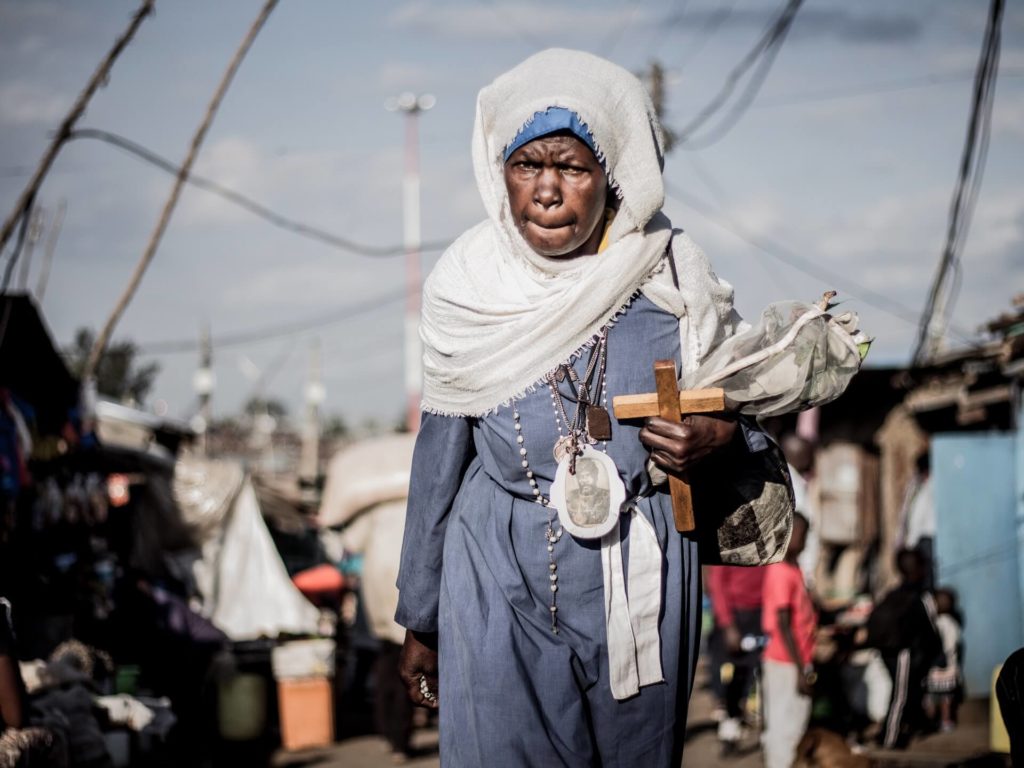
Mama Maria, the subject of your second photograph, seems like a woman with a mission. Is there anything else you can tell us about her?
So mostly I am based in Kibera and most of my photos are focused on telling the untold stories of Kibera and the slum. I go looking for people I want to know; people whose story I want to tell. And I am fascinated by just how everything moves and how everything works. So that is what I do.
Now when I took this photo, it was not the first time I had met Mama Maria. I had met her before in a community meeting that was organizing a clean-up in Kibera. She was one of the members of the community that were attending that meeting to help in facilitating for the clean-up. So, when I first met her, she was holding her rosary even then and I could see her lips moving although I was very far. I just observed her from a distance.
She stood out in a crowd of people and was so comfortable in her zone of prayer. She’s a prayerful woman. So, it is something that she has created around the community. And the community has accepted that this. So that was the first time I met her, but we never got to talk much.
Now, when I took this photo, it was in the streets a day later. I was walking in the street and then I saw her coming. So, when I saw her coming, I got ready to take the image because I knew I needed this image. I therefore set myself in a position where I was able to take a good image and waited until she came by. She was looking at me, but she never even said anything. She wasn’t even smiling. But after I took the photos and I said hello, she just smiled and waved and walked away.
Kibera is described as the largest urban slum in Africa and living conditions there are horrendous. Photography is an effective way of bringing the plight of the people there to the attention of those who could provide some help. What would you say are the most important issues that need highlighting?
To be honest, there’s so much that needs highlighting in Kibera, and I think that it is important that some people or some stakeholders come in and really help to guide and shape the change that is needed. For instance, improving the infrastructure, as I already mentioned discussing the first image depicting the fire. It is very, very hard for fire engines to access the slum area because of poor infrastructure. There are no decent roads.
Housing, of course, is a serious issue as people live too close to each other. Slum dwellers are packed together and most of the houses are made of iron sheets. Electrical supply is also a big issue. Most of these people do not use genuine means to get their electricity, but resort to illegal connections.
Sometimes the government says that these people consume a lot of power, but they do not pay for it. So it is very, very unlikely that the government will come in and regulate or give services to these people because it assumes that these people cannot pay. It is such issues that really need the intervention of people who are in a position to help. Kibera needs the required guidance and assistance so that it can achieve acceptable standards of living.
Adrian: Yes, yes. If the government doesn’t make the first move to help them, it’s not going to change. The government can’t expect them to suddenly find the money from heaven. It doesn’t work that way, unfortunately.
Anwar: Very true!
What do you think that your government and the international community can do to tackle the problem of extreme poverty more effectively?
Personally, I think the government is very important. In fact, I believe the biggest failure with regards to this problem is the government, because if the government was to interact with the people and work with the people on how to find solutions, it would be very easy. For instance, most of the people who live in Kibera do so, not because they have no education, or skills, or the capability to improve themselves. It is just that life has pushed them into such a corner.
However, if the government were to come in and work with the people and deliberate with them on how these problems could be solved, that would be the key to initiating change. On the other hand, coming in with a made-up mind on how a specific issue is going to be solved, without involving the people, is doomed to failure because they will resist. Anyone, in fact, who wants to initiate change has to leave behind their rigid mindset and engage with the community.
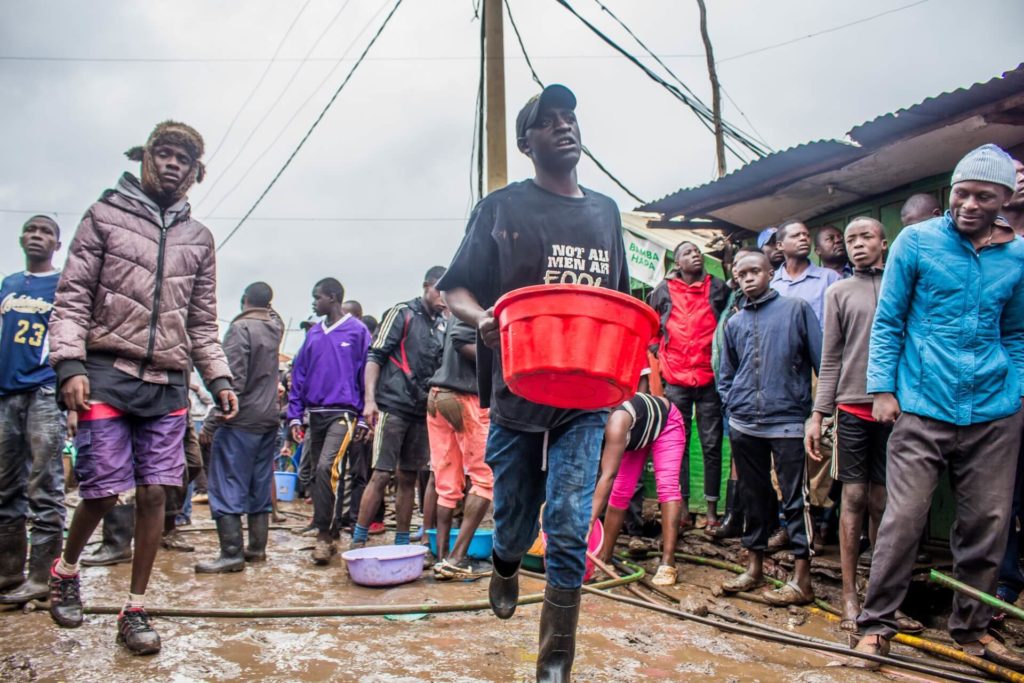
Corruption is often cited as one of the main contributors to poverty and social injustice. What more can be done to eradicate this?
There is so much corruption, so much inequality, so much nepotism, so much tribalism… I think it is very, very important for resources to be distributed equally. The reason why we have corruption is because people without qualifications are being given positions in high government. And for that reason, a lot of theft goes on and a lot of negligence in the carrying out of one’s duty. However, if people were given the opportunity to express themselves or to use their skills, we would have a level playing field. The biggest problem is that people are not given opportunities.
Only people who know other people in the government or even in other areas, are given these opportunities of leadership and power. So we need to find leaders that are focusing on integrity and honesty. They need to look at what somebody could really achieve instead of looking at where this person is coming from.
Adrian: I got a glimpse of this mentality watching Sense8.
Anwar: Yes, the Kenyan plot was based in Kibera. I actually saw them filming it!
How do you think an organisation like UN-aligned can help people living in deprived conditions of poverty and injustice?
I think the best way to initiate help is to get to understand where the help is needed. So for an organization like yours, it is easier to help when you actually realize by yourselves the problems these people are enduring instead of learning about them on the Internet. It is easier to channel efforts into improving something that you already know or have already seen and you are sure of.
I think it is very important to make sure that whatever it is that you have initiated is working instead of just following up with the people that you have charged with the responsibility of doing that, because that is another problem.
Wherever third parties are involved, funds get misappropriated, or the help that is supposed to go to the people, does not reach them because some individuals want to benefit themselves first, rather than the actual people that need the help. I therefore think that any organization that wishes to help should understand the needs of the people and work with the people themselves instead of working with other people that are focusing on benefiting themselves. Right?
Adrian: Right. UN-aligned is a relatively new organization at the moment. Our funds are limited and as you may be able to see from our website, we do not badger our members for financial support. Funds will of course be useful and raising funds is one of the reasons why we published our recent book: Unravelling the United Nations. The main reason, however, was raising awareness.
At the moment, therefore, we rely on our members to roll up their sleeves and do what they can where they are, with the backing of the organisation behind them. We will certainly work on fundraising and striving to resolve social issues will always be high on our agenda. So please, use us. Take control. Use The Gordian as your mouthpiece. It is there for our members.
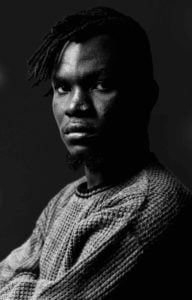
Anwar: Oh yes, I believe if there’s a story that is worth telling, then it must be told. My ultimate ambition is not just to tell the stories of the people of Kibera; I want to tell the stories of the people in Nairobi or Kenya… wherever in fact. I will tell the stories photographically and when people know that you are listening, they will open up and they will tell you things that you do not know about them. It is not always about clicking the camera or taking that photo. It is always about getting to know why.
And once you listen, you realize that there’s so much more to people, so much that you need to know other than that single image. And that is what I want to do. That is my ultimate ambition. I want my walk all over the place for the people who need to be heard. I want people to be proud when they see their stories being highlighted.
Adrian: Anwar, thank you so much! I have found your message most inspiring and I am sure that many of our readers will too.



